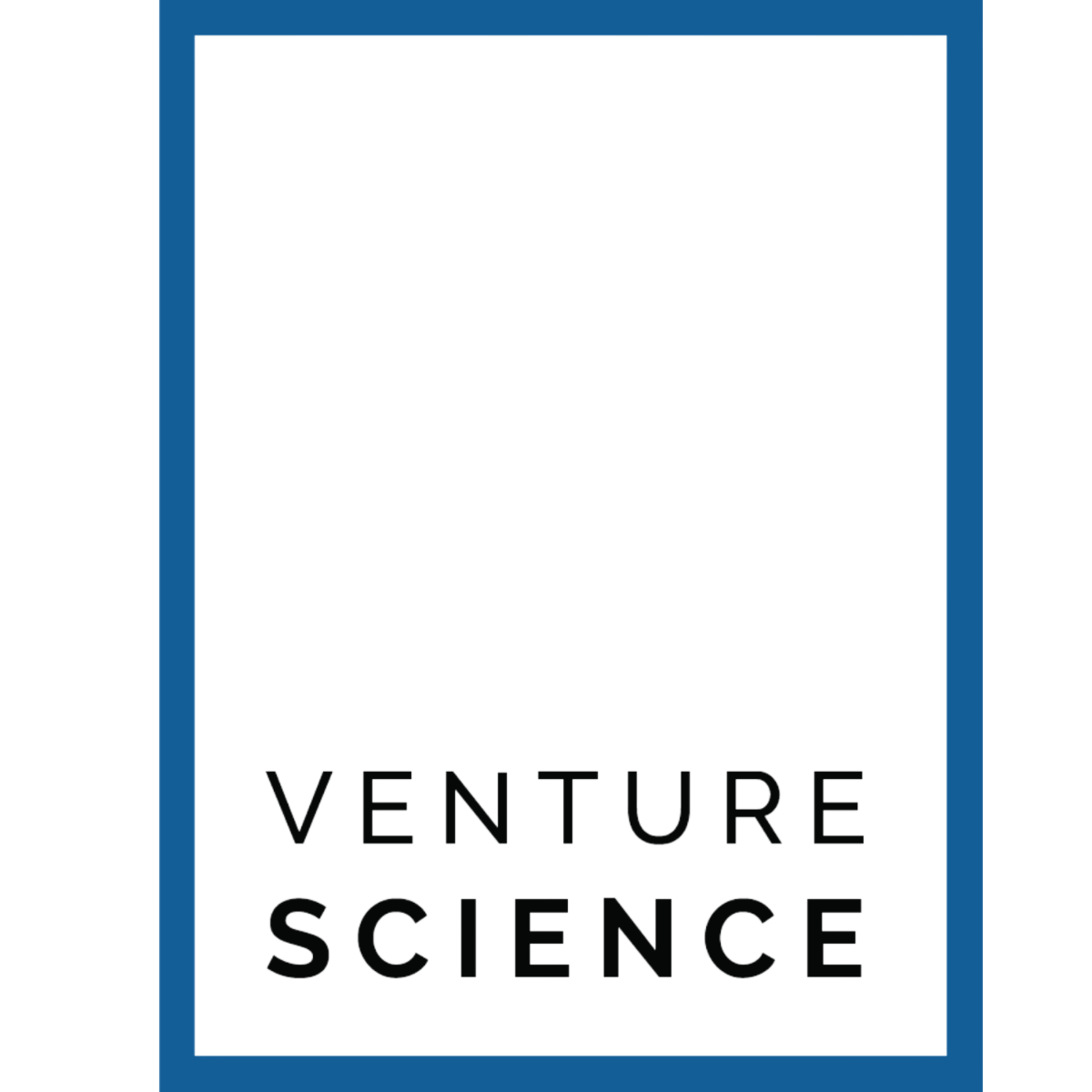Explore Thematic Investing
We aim to identify the most promising themes of the future with explosive growth potential and then we invest in their standout companies. We dive deep into emerging trends and transformative sectors, using our insights and networks to find those poised for significant impact.
Here, we embark on a meticulous process to understand the nuances of each sector, leveraging our deep industry knowledge, extensive network, and cutting-edge research. From technology innovations that promise to revolutionize the way we live and work, to groundbreaking healthcare developments that aim to significantly improve human life expectancy and quality, our focus is always on sectors that have the potential to create a lasting impact.
Once we pinpoint these high-growth areas, we zero in on leading innovators and disruptors within them. Our investments are more than financial; they're partnerships aimed at fostering growth and leadership in the market.
Leading Trends
Only a select few trends lead the way for superior returns when it comes to investing.
Quant Research
With over a decade of experience and leadership in Quant VC, we work to select the best of breed companies in each theme.
Managed Portfolios
Let our team build and manage a portfolio of investments while you maintain an exposure to venture asset class.
SUMMARY RISK FACTORS
Investing in space tech, life sciences, technology, longevity, climate tech, and artificial intelligence (AI) sectors carries unique risks that should be carefully considered by investors. The following are key risk factors associated with investments in these areas. Please refer to the Fund’s offering documents for a full set of risk factors. Regulatory and Compliance Risks: Life sciences companies often face significant regulatory hurdles, including obtaining approvals from bodies like the FDA. Changes in regulations or failure to comply can impact company performance and investment returns. Technological Obsolescence: Rapid advancements in technology and AI can render existing products or solutions obsolete. Companies failing to innovate or adapt may quickly lose market relevance and value. Intellectual Property Risks: The value of life sciences and tech companies often hinges on intellectual property (IP) rights. Litigation over IP issues or infringement can result in substantial costs and impact the valuation of these companies. Market Acceptance and Competition: Success in these sectors is highly dependent on market acceptance. Even innovative products may fail to achieve commercial success. Additionally, high levels of competition can impact market share and profitability. Funding and Liquidity Risks: Many life sciences and tech ventures require substantial capital for R&D and operations. There is a risk of insufficient funding, which can impact a company's ability to continue operations or achieve its goals. Clinical and Developmental Risks: In life sciences, products typically undergo rigorous clinical trials. There is a risk that these products may not achieve desired results, leading to loss of investment and time. AI Ethics and Social Acceptance: AI investments are subject to ethical considerations and public perception. Negative societal response or ethical concerns can influence the success of AI-related ventures. Dependence on Key Personnel: The success of ventures in these sectors often depends heavily on the talent and expertise of a limited number of individuals. Loss of key personnel can adversely affect a company’s performance. Data Security and Privacy Risks: Companies in technology and AI are often responsible for handling large volumes of sensitive data, making them targets for cyberattacks and putting them at risk of data breaches. Economic and Political Factors: Global economic conditions, political instability, and changes in government policies can significantly impact these sectors, particularly in areas such as funding, regulation, and international trade. Product Liability and Safety: Companies in the life sciences sector are exposed to risks related to product safety and liability. Any harm caused by their products can lead to legal action and damage to reputation. Supply Chain Risks: Tech and life sciences companies often rely on complex global supply chains. Disruptions in these supply chains can significantly impact operations and costs.












